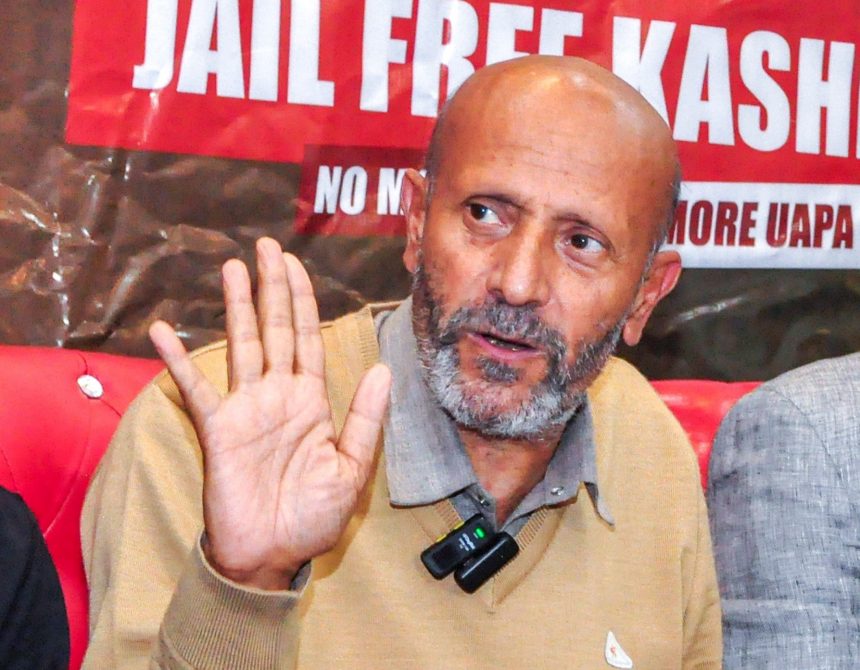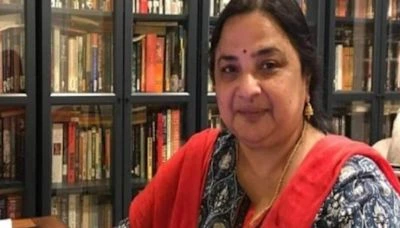08-Apr-2025,02:35 AM The Delhi High Court Delhi HC recently made headlines by granting bail to a former Chief Engineer and a contractor of the Delhi Jal Board (DJB) in connection with a case filed under the Prevention of Money Laundering Act (PMLA). The decision has sparked discussions about the scope of judicial discretion in economic offense cases and the role of due process in high-profile corruption probes. The Delhi HC’s move underscores the significance of balancing legal procedures and the rights of the accused in complex financial investigations.
Delhi HC DJB Case and PMLA Allegations
The Enforcement Directorate (ED) had initiated proceedings against multiple individuals, including the ex-Chief Engineer and a private contractor associated with the Delhi Jal Board, for alleged irregularities in contract allotments and fund mismanagement. The core of the allegations revolved around money laundering activities linked to inflated contracts and misuse of public funds.
According to the ED’s findings, funds amounting to several crores were allegedly diverted through shell companies and fictitious transactions. The ex-engineer, being in a pivotal role, was accused of facilitating the contracts that benefited the said contractor and a network of intermediaries. These developments led to arrests and custodial interrogations.
However, after weeks in judicial custody, the Delhi HC reviewed their bail pleas, scrutinizing both the legal and evidentiary grounds.
Delhi HC Observations and Legal Reasoning Behind the Bail
In its detailed ruling, the Delhi HC emphasized the importance of constitutional safeguards under Article 21, which guarantees the right to personal liberty. The court noted that while economic offenses are grave in nature, the investigation must not violate basic rights.
The Delhi HC also observed that there was no conclusive evidence suggesting tampering with the investigation or influencing witnesses by the accused. Moreover, the court acknowledged that the trial was likely to be prolonged, and indefinite incarceration without conviction would defeat the purpose of a fair legal system.
The bail was thus granted with strict conditions, including the surrender of passports, restrictions on movement, and regular appearances before investigation officers.
Reactions from Legal and Political Circles
The Delhi HC’s decision to grant bail was met with mixed reactions. Legal experts highlighted it as a reaffirmation of judicial independence and procedural fairness. “The presumption of innocence must be upheld unless proven otherwise,” said a senior advocate at the Delhi High Court.
However, political commentators and civil society activists expressed concern, especially in the backdrop of growing public scrutiny on corruption in public departments. Opposition parties questioned the transparency of the DJB contract system and demanded a broader audit to prevent similar incidents in the future.
Delhi HC: DJB and Government’s Role Under the Spotlight
The Delhi Jal Board, a key utility responsible for water supply in the national capital, has previously faced criticism for operational inefficiencies and allegations of corruption. This case has once again raised questions about procurement processes, third-party contracting, and financial oversight mechanisms.
The Delhi government responded by stating that all suspected transactions would be re-evaluated, and policy revisions may be introduced to tighten governance. “We are committed to transparency and will not tolerate any wrongdoing, irrespective of rank,” said a spokesperson.
Understanding the PMLA and Its Implications
The Prevention of Money Laundering Act, of 2002, is a robust piece of legislation designed to combat the concealment and flow of illicit wealth. Under PMLA, even proceeds of crime from non-violent sources such as bribery or financial fraud can attract severe penalties, including imprisonment and attachment of properties.
The Delhi HC, in granting bail, reiterated that the PMLA should not be used to detain individuals indefinitely without clear and compelling evidence. The judgment may set a precedent for future PMLA cases where prosecutorial overreach could be challenged.
What This Means for Future Corruption Cases
Legal analysts believe the Delhi HC’s judgment might influence future litigation involving economic offenses. The court has effectively drawn a line between the seriousness of the offense and the fundamental rights of the accused.
Moreover, the case has brought focus to the need for speedier trials in PMLA-related matters. “Delays not only affect the accused but also undermine the public trust in the judiciary,” said a legal policy expert.
Media Coverage and Public Sentiment
The case has been widely covered across national media outlets. Many news channels debated the Delhi HC’s decision and its implications on the anti-corruption narrative in India. Public sentiment, especially on social media, remains divided — with some calling for stricter action against white-collar crime and others supporting the principles of due process and legal fairness.
Conclusion: A Balancing Act Between Justice and Liberty
The Delhi HC’s decision to release the ex-chief Engineer and contractor of the Delhi Jal Board in the PMLA case is a landmark moment that reiterates the core values of the Indian judicial system. While it emphasizes that corruption cannot be tolerated, it also sends a clear message that the process of law must remain just and equitable.
This case will likely continue to unfold in the coming months, as the trial progresses and more information surfaces. For now, the Delhi HC’s ruling has highlighted the thin line between proactive law enforcement and the upholding of individual rights in India’s complex legal framework.





